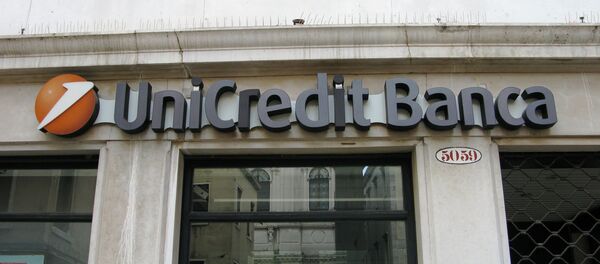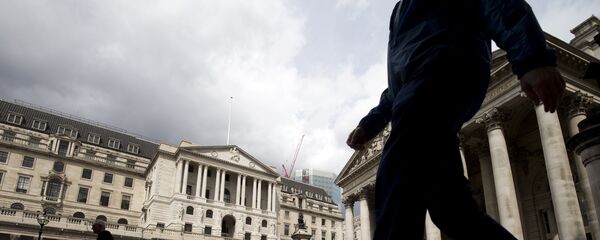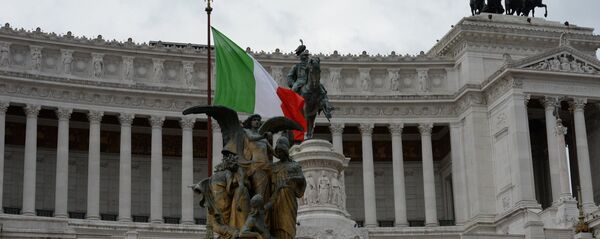Kristian Rouz – The recent gains in the financial markets have opened a real opportunity to exit risky assets such as stocks in the light of the increasingly likely banking sector meltdown in southern Europe.
Italian banks have an estimated $54 bln gap in their balance sheets due to the rise in their loan-loss provisions, allowing to sell their NPLs cheap. The sky-high amount of bad loans requires a greater volume of bank reserves, which these financial corporations simply do not have. Meanwhile, the amount of funds the Italian government agreed to provide for recapitalisation of the struggling lenders is insufficient to close the gap.
UniCredit SpA will add 8 bln euros to their loan-loss provisions before selling some 18 bln euro-worth of their NPLs. The world’s oldest lender, Banca Monte dei Paschi di Siena SpA, requires 5 bln euros to clean up their balance sheet, the bank has been struggling to raise this money for months now, and the European Central Bank’s (ECB) reluctance to bailout has exacerbated the situation recently.
“Some of the publicly traded banks can probably raise some of the funds needed for a cleanup, including Monte Paschi,” Paola Sabbione of the Milan branch of Deutsch Bank AG said. “So the government would have to plug in the rest. But still, at this level, it won’t do the full job.”
In Spain, banks are facing trouble because of mortgage loan turmoil: an EU court ruled the banks owe money to their customers who overpaid billions of euros in mortgage interest before year 2013. The Spanish banks, however, do not have this cash.
“This comes as a surprise and in a bad moment for Spanish banks as most of them would have to make extra provisions to pay for this,” Daragh Quinn of Keefe Bruyette & Woods said. “It will mean pressure on capital generation and profits in the fourth quarter.”
In the light of these events, Pacific Investment Management Co. called on investors to decrease their exposure to the most volatile segments of the market via cashing out, taking advantage of the recent record-setting gains in the stock markets. The mounting risks, Pimco said, might overrun the existing hedging practices, so it is safer to move capital into other types of assets.
“We have actually been de-risking,” Mark Kiesel of Pimco said in an interview on Bloomberg TV. “We actually like holding, in the credit markets, a little more cash.”
Holding assets in cash, denominated in haven currencies, pricing in policy and political risks, such as central bank interest rate planning and Brexit and a possible Itexit, and keeping an eye on the ‘black swan’ market event would be the most prudent strategy in the near-term, until the European banking sector situation clears out.
Earlier this week, the easing tensions in southern Europe pushed US stocks to their record highest, with the Dow Jones Index nearly touching 20,000 points. Now that the concern is mounting, a mortgage turmoil in Spain and Italian NPLs might translate into a brief panic on Wall Street.






